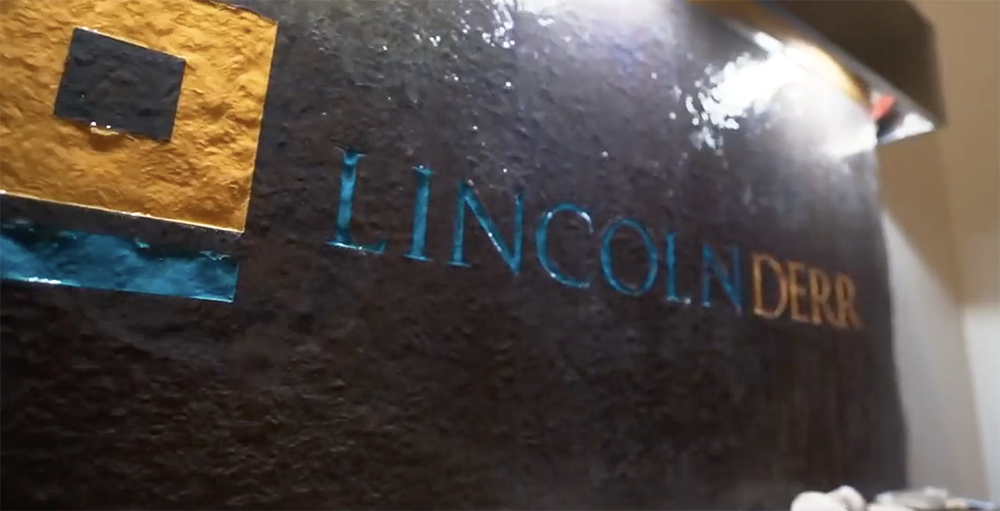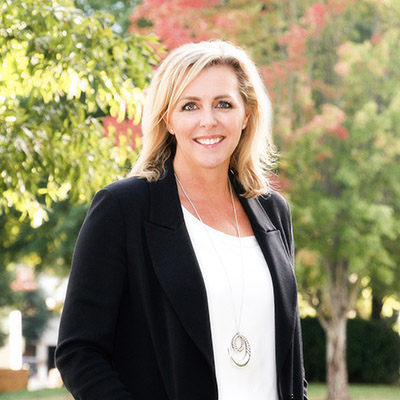
One in an occasional series of features on Charlotte area businesses, nonprofits, and events, and how they are adapting to the “new normal.”
Our Subject: Sara Lincoln, co-founder and parter at Lincoln Derr, a litigation-centric law firm celebrating its 10-year anniversary. The women-owned firm is focused on solving problems for a wide range of of businesses and client types. As litigators, a substantial amount of Lincoln Derr’s work revolves around resolution of legal disputes in trial, or somewhere in the process.
What’s been impacted: Lincoln said movement on some cases has been slowed since courts are closed to non-essential hearings and proceedings. Depositions are on hold in other cases since witnesses can’t currently be sworn-in remotely. Lincoln added there are some proposals out there to address the issue, but the NC General Assembly isn’t scheduled to reconvene until the end of April.
However, work that revolves around advice and counsel has ramped up. Particularly in areas like their employment practice, where businesses and nonprofits alike are looking at ways to manage furloughs, layoffs, and other issues under new federal laws.
 Innovative pivot: Lincoln Derr’s early adoption of technology has the firm and its clients “uniquely prepared” for circumstances like the current COVID-19 stay-at-home order. But it wasn’t emergency preparedness or a doomsday mindset that drove the firm’s decision to go paperless.
Innovative pivot: Lincoln Derr’s early adoption of technology has the firm and its clients “uniquely prepared” for circumstances like the current COVID-19 stay-at-home order. But it wasn’t emergency preparedness or a doomsday mindset that drove the firm’s decision to go paperless.
“I’d like to say we had that kind of ability to forecast,” added Lincoln, “but it has absolutely worked out.”
Both Lincoln and founding partner Tricia Derr had younger kids when they started the firm. They needed and wanted the flexibility to work from anywhere. Going paperless was the solution.
“We were looking for ways to set ourselves apart,” added Lincoln. “We were 100% in the cloud from day one… it’s saved our clients money, and it’s saved us money by not having to have office space or off-site storage space to manage all that paper.”
Reactions: “The reaction both internally and with our clients right now has been about our ability to handle this,” said Lincoln. “Our team doesn’t have to come into the office and put themselves at risk, and our clients know that we can keep working on their cases no matter where we are.”
Ten years ago, the now-prophetic decision to go paperless and store client data on the cloud was met with far less enthusiasm from other attorneys and law firms.
“Originally it was. ‘what, are you crazy? You can’t do that!’”
Lincoln said that ten years ago, there were not even ethics standards on how to manage client data in a paperless firm. They looked to other states for examples and advice. Now, cloud-based technology, secure document sharing, e-signatures, and other remote services are regular business practices. Lawyers are now required to get an hour of continuing legal education in technology annually to keep up.
Forecast for future: “I really think this is going to change the way we function in many ways,” said Lincoln. “It’s causing a lot of firms to reevaluate how they work and where they work. and to examine how much rent they pay… especially if they can manage a team remotely.”
Find out more about Lincoln Derr at https://lincolnderr.com
